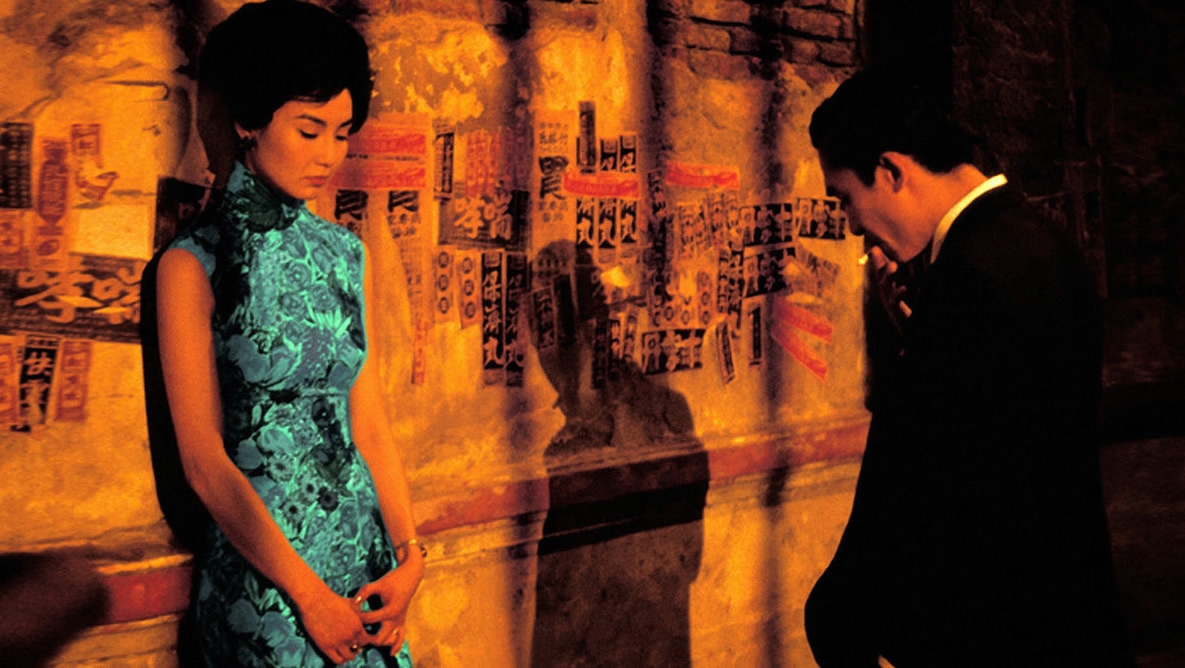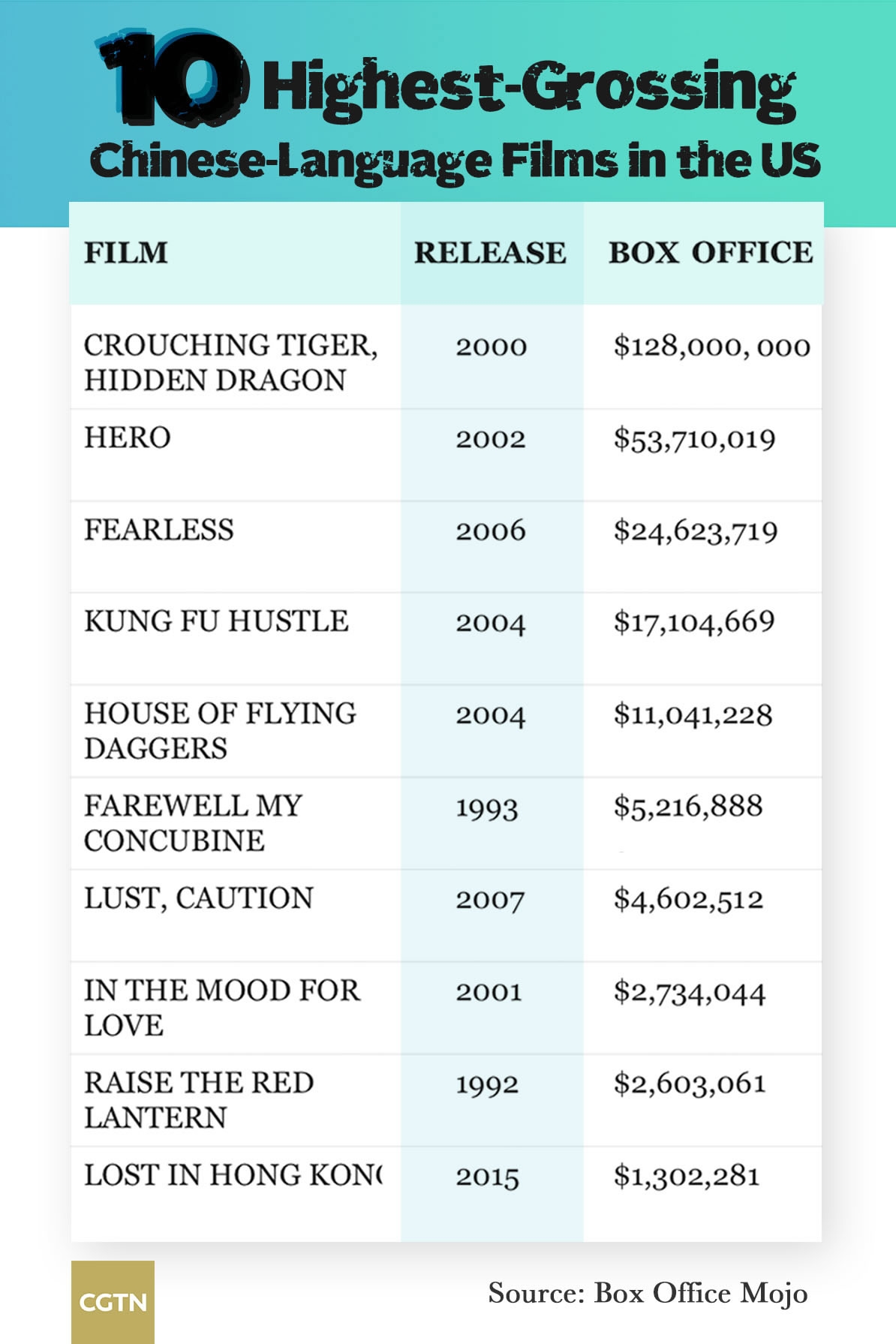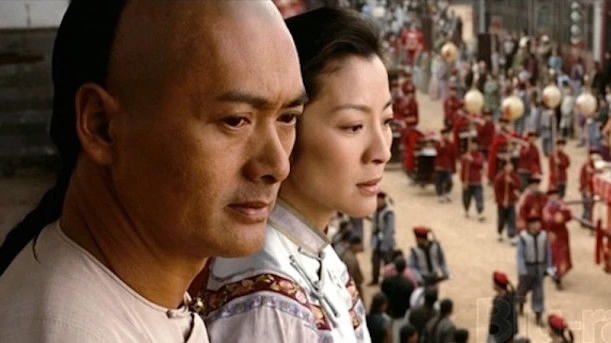
Culture
14:23, 13-Sep-2017
Could ‘It’ help China's box office success abroad?
Ty Lawson

There is no denying China’s box office is expected to become the world’s leader, but until that happens, will Chinese language films ever find success at the American box office, the largest movie market in the world?
Once upon a time, Chinese films did well in America. Director Ang Lee’s “Crouching Tiger, Hidden Dragon” grossed 128 million US dollars in 2000, still holding the record as the top grossing foreign-language film of all time in the US. The second highest-grossing Chinese film of all time there is “Hero,” which made 54 million US dollars in 2004. The last time a Chinese-language film soared at the US box office was “Lust, Caution” with just under 5 million US dollars in 2007.
Here’s a look at the highest-grossing Chinese-language films in the US of all-time:

This is 'It'
The film adaptation of Stephen King’s novel, “It,” shattered box office records over the weekend, taking in the biggest opening ever for a horror film. “It” earned 123 million US dollars in North America and another 62 million US dollars for a global haul of 185.1 million US dollars.
So why do horror films tend to find success at the box office?
Why ‘It’ works

A mural by graffiti artist BK FOXX of New Line Cinema's horror thriller "IT" is seen on September 7, 2017, in New York City. / Credit AFP Photos
A mural by graffiti artist BK FOXX of New Line Cinema's horror thriller "IT" is seen on September 7, 2017, in New York City. / Credit AFP Photos
In the independent film industry, action and sci-fi films are expensive and unreliable at the box office, while comedy can be a hit or miss, and drama is a tough sell without a big star in the cast. But when it comes to horror it seems everybody loves a scary movie – and its the most profitable genre around. They tend to be made for lower budgets meaning that, when they work, they can be box office gold. Recent horror hit “The Boy” made 36 million US dollars, while “The Purge” has become a franchise with the latest film scaring up 79 million US dollars at the box office. And unlike other genres horror plays equally well with female and male audiences.
Looking beyond North America, horror films do well globally transcending languages to lure fans. Could horror films be the key to China’s films successfully traveling abroad?
‘It’ gets lost in translation
Since 2008 after Beijing hosted the Olympic Games, the Chinese government has attached greater importance to its international image and building "soft power" as part of the nation’s “comprehensive strength.”

"Crouching Tiger, Hidden Dragon" is the most successful Chinese-language film of all time. Credit: Asian Union Film & Entertainment/Sony Picture Classics
"Crouching Tiger, Hidden Dragon" is the most successful Chinese-language film of all time. Credit: Asian Union Film & Entertainment/Sony Picture Classics
With China becoming a more influential global power, audiences are becoming increasingly more curious to learn more about the nation. Up until now Chinese films or, rather, stories told from a Chinese perspective have been limited.
There have been horror films made in China. However, these films do not necessarily carry the fear factor most global audiences are accustomed to seeing.
One reason for the subversion from the norm could be compliance with the State Administration of Press, Publication, Radio, Film, and Television of the People’s Republic of China.
The ‘It’ formula
The state administration doesn’t typically tell filmmakers what they should do, it advises them as to what they can’t do. The list of taboo topics starts with sex and violence and extends to obscenity, religion, superstition, gambling, drinking, drug abuse, and criminal activity. Any story element that is not rooted in scientific facts, like time travel or ghosts, will likely not pass censorship. Administration policies require the cutting or altering of film “showing contents of murder, violence, terror, ghosts and the supernatural; distorting value judgment between truth and lies, good and evil, beauty and ugliness, righteous and unrighteous.”
Also, another reason horror films in China are different could be because ghosts play a prominent role in Chinese culture, folklore, mythology, and legend and have done so for thousands of years.
Whatever the reason may or may not be, China has to find the 'It' to help Chinese-language films thrive on the international stage.

SITEMAP
Copyright © 2018 CGTN. Beijing ICP prepared NO.16065310-3
Copyright © 2018 CGTN. Beijing ICP prepared NO.16065310-3